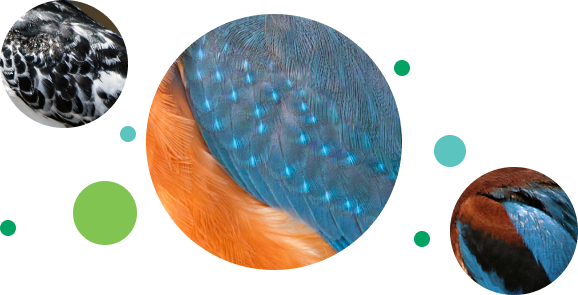What is biodiversity
Biodiversity is a measure of the variety of life on Earth, encompassing organisms in water, on land and in the air. This diversity is reflected in the genetic variation within species, the variety of different species, and the range of ecosystems, both natural and those impacted by human activity.
Why biodiversity is important
Biodiversity forms the foundation of life on Earth and provides essential ecosystem services. These services are vital for human survival, supplying clean air, drinking water, food, and raw materials like fiber and wood. Additionally, biodiversity helps regulate the climate, prevent floods and soil erosion, support pollination and pest management, and offers cultural benefits through tourism and heritage experiences.
Why it is important to monitor biodiversity
Biodiversity changes in time and space, whether naturally (with the seasons, for example) or as a result of human actions. These changes may affect ecosystem functionality and damage the ecosystem services that we, humans, rely on. For instance, disruptions in pollination can affect food availability, while damage to flood regulation can lead to increased flooding, threatening lives and property. Therefore, monitoring biodiversity changes and predicting trends is crucial for understanding their implications for ecosystems and human well-being. Biodiversity assessments often use indicators, typically through sampling specific marker species, known as bioindicators.
How your citizen science participation benefits nature conservation
Participation in citizen science enriches biodiversity data in Israel and contributes to periodic reports on the state of its nature. This data is also sent to the Global Biodiversity Information Facility (GBIF). The collected data will aid policymakers in making science-based decisions, including examples such as open space management and nature conservation.

